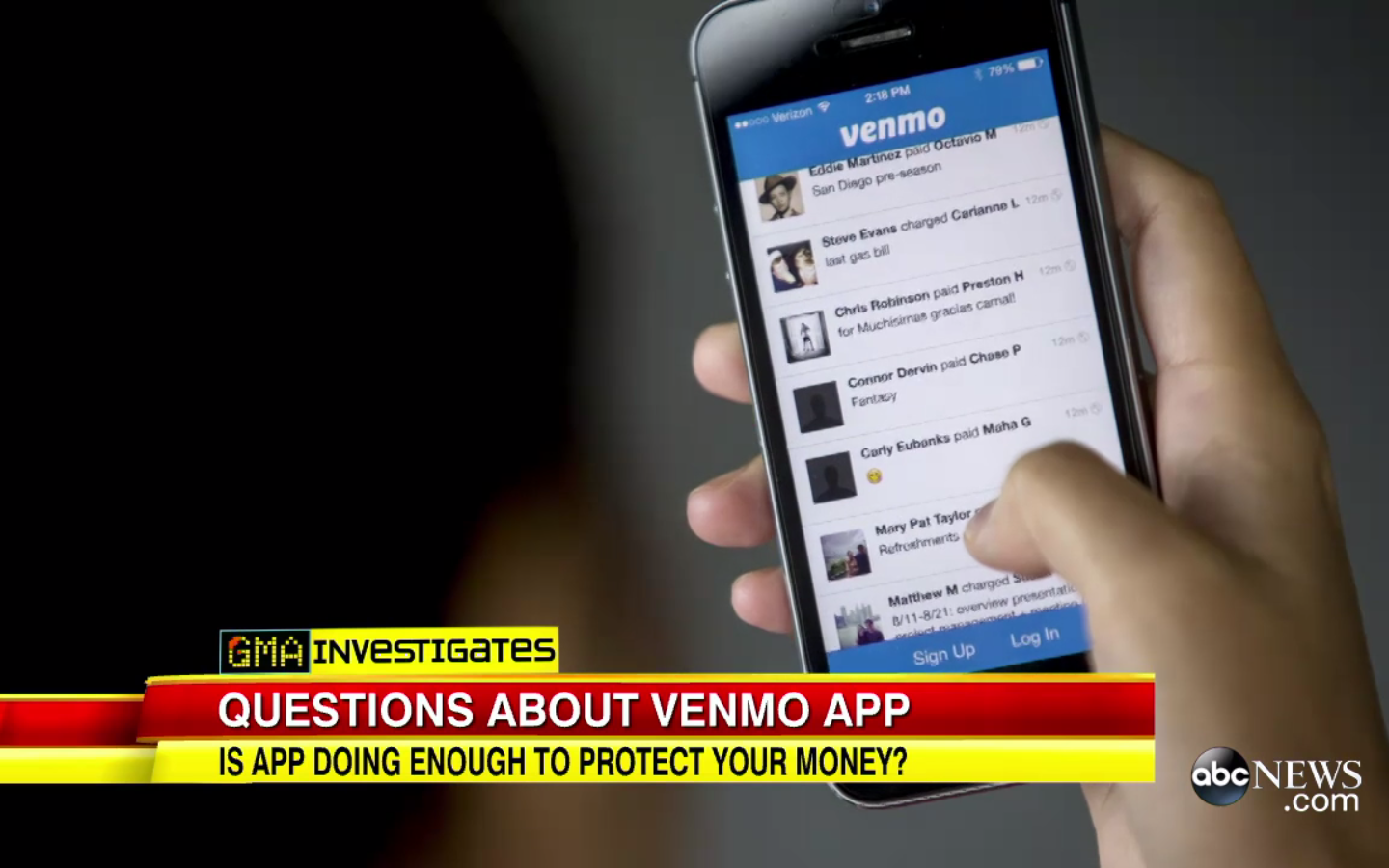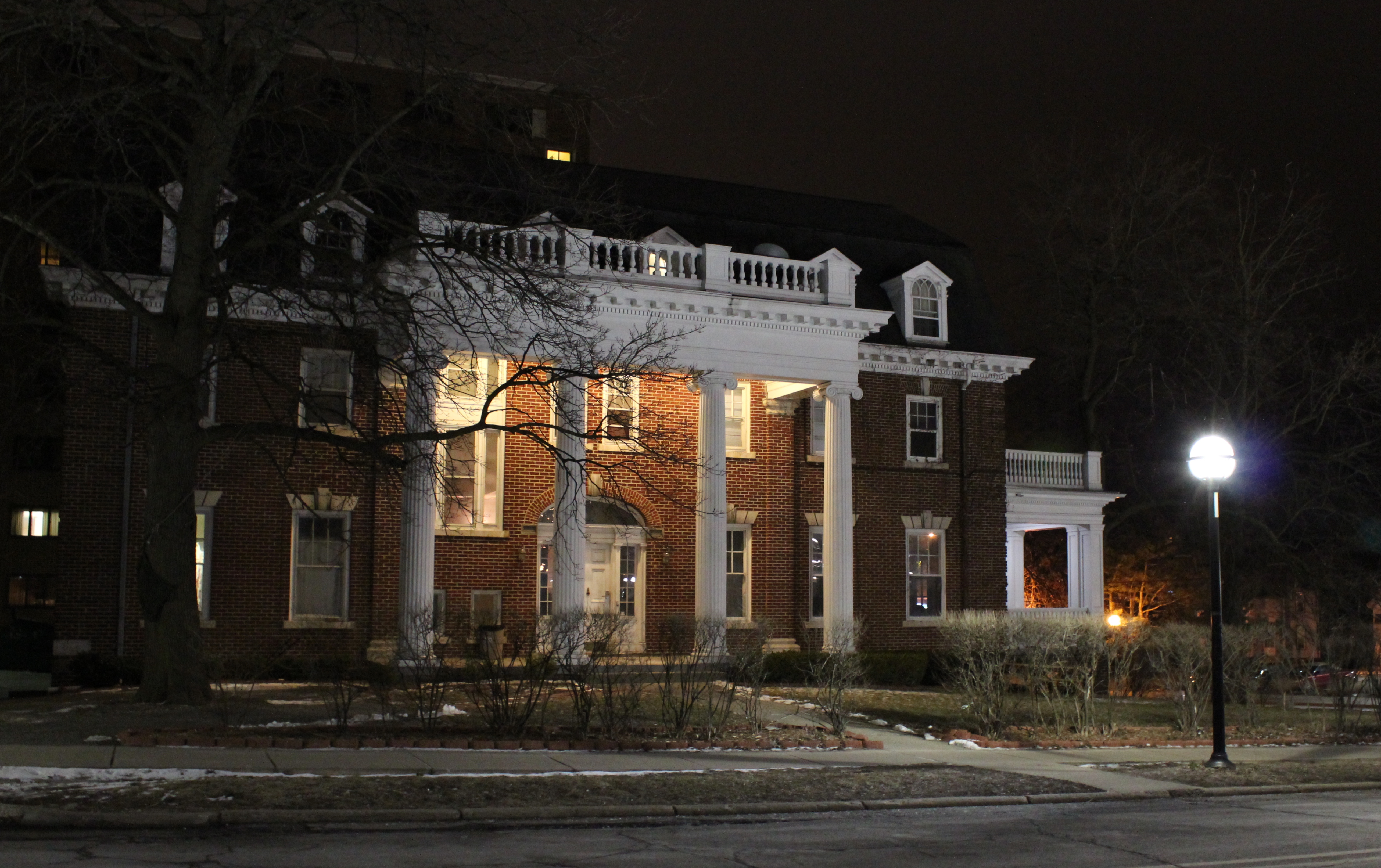Here's How College Kids Are Buying Drugs

By:
Marijuana, Molly (MDMA), cocaine, and amphetamines are commonly sold and purchased at college campuses around the U.S., and though the kind of drugs that students use has not changed much in the past three decades, the way that drugs are exchanged has changed dramatically.
As a recent grad, I've witnessed firsthand the innovative methods that dealers have come to use in their illicit transactions. I've known people who sell drugs, and it has fascinated me, especially as far as the integration of technology is concerned. That is not to say that all college drug dealers have adapted sophisticated systems or that these systems are foolproof; it is still risky business, and getting caught selling or buying drugs can have serious consequences. But like it or not, drugs are in high demand, and universities offer a relatively safe environment to experiment.
Here are three ways that college students have changed the drug dealing game.
1. The app-driven college drug economy.
 Good Morning America - yahoo.com
Good Morning America - yahoo.com
Of course, drug deals still involve cash. The student sellers I talked to still say that they prefer to deal in cash, in fact, but there are alternatives now, and those alternatives are increasingly popular among buyers. Venmo, a free digital wallet that allows users to exchange electronic payments, has become a top app for drug deals.
Using a service that logs every detail about these exchanges is not advisable—as Michael Getzler, a Columbia University student, learned the hard way this year. Two days after an anonymously written op-ed about one person's experience selling illicit substances to "several hundred students" appeared in the university newspaper, Getzler was arrested for allegedly selling drugs.
Politico reported that "Getzler was widely rumored to be the anonymous author of the op-ed in comments on the [Columbia Spectator] website and on a private and anonymous digital message board at Columbia." He reportedly used Venmo to accept payments, too, which apparently worried students who had conducted business with the alleged dealer and feared that their personal information and transaction history would be intercepted by law enforcement.
2. The rise of pharmaceuticals.
 Wikimedia - wikimedia.org
Wikimedia - wikimedia.org
Though Molly, cocaine, and other "hard" drugs are still widely sold and used at American universities, prescription drug sales are increasingly common. The market tends to attract different kinds of sellers and buyers, generally speaking, with more students seeking "study aids" such as Adderall and Ritalin, pills containing amphetamines that allow them to stay focused for hours on end.
One Adderall pill can cost anywhere from $3 to $10, depending upon the milligrams, and because many students are prescribed these drugs by a doctor, they can take what they need (if they choose to use it at all) and sell the rest, pocketing the monthly profits without having to go through a high-level dealer for the supply.
Prescription pain medication is also regularly sold for recreational use, as is anti-anxiety medication such as Xanax. But amphetamines have really taken off at campuses around the country, as ATTN: has previously reported.
3. Frat house drug culture.

It has been a defining feature of Greek life for quite some time, but frats have steadily risen as primary drug distributors on campus. Because they operate out of a central location—the frat house—these institutions provide a sense of protection, seemingly safer than doing deals on some designated street corner. As such, frats are where many students flock, especially when there's a big, upcoming event (e.g. a festival such as Coachella).
Well-connected frat brothers often buy in bulk, and since frat houses are famed for their party culture, it only makes sense that they have become major distribution centers for all sorts of drugs. Not all frats serve as drug centers, of course, but at least from what I've observed, many houses have been sources for students to score.
